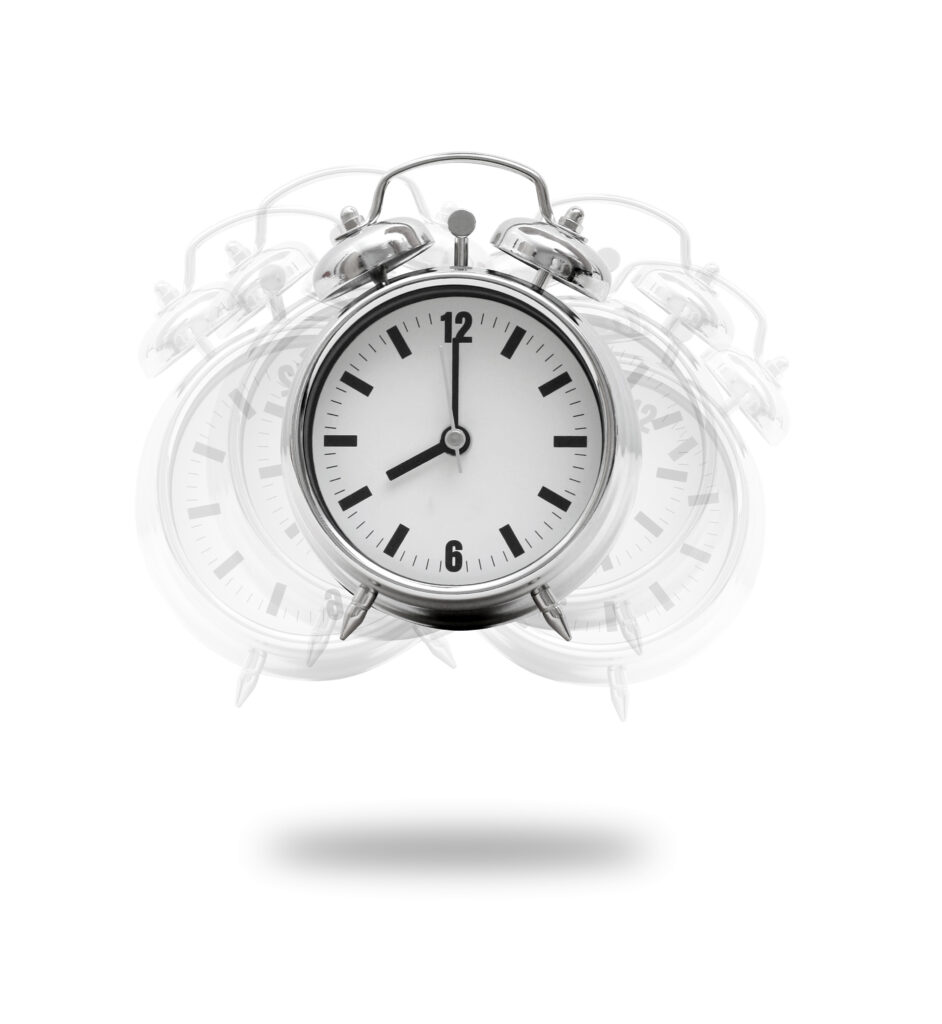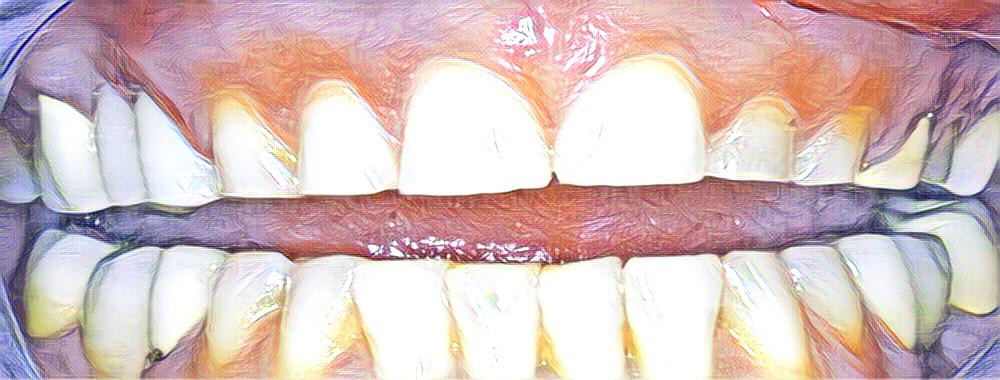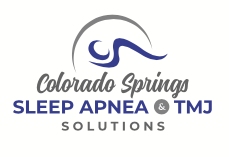This week, I ran across a bit of humor published in a Colorado Springs newspaper in 1904. The vignette reminded me of my Dental Sleep Medicine and Orofacial Pain practice, so I thought I would share the story.

“I have been called an optimist, and I plead guilty to the charge, but I am not such an optimist as the man who fell from the roof of a 10-story building. As he passed the eighth story, he called out: ‘I’m all right so far!’ As he passed the fifth story, he cried out again: ‘I’m all right so far!’ and as he flew past the second story, the same cheerful cry was heard. Then he landed headfirst and hadn’t a word more to say. I’m not like that man. I am willing to say: ‘I’m all right so far!’ but I want a net to fall in.”
From Colorado Springs newspaper, 1904

Every week, I meet a patient walking across a tightrope from one high-rise structure to the next and is unaware of the danger. This unknown risk is not through any fault of their own. Both Obstructive Sleep Apnea and TMJ disorders begin small and progress little by little, month after month, year after year. Eventually, the slight ding of an alarm turns into a horrible blaring cacophony.
By the time a patient reaches me, the decibel on the alarm is usually relatively high. Still, they have not connected the signs or the symptoms as an actual alarm telling them something is wrong with their sleep. So there they are on the tightrope, halfway in between buildings.
Some of the most common signs of TMJ Disorders are:

- Worn Teeth
- Broken Teeth or Broken Fillings
- Jaw Joint Noise
- Jaw Pain
- Headaches
- The jaw doesn’t open smoothly

Some of the most apparent signs of Obstructive Sleep Apnea are:
- Daytime sleepiness
- Yawning a lot during the day
- Difficulty concentrating
- Snoring
- Broken Teeth or Fillings
- Worn Teeth
- Weight Gain
- Low Energy
If you look closely at each list, you will find some crossover. A significant degree of TMJ disorders and broken or failing teeth have an origin in sleep disorder breathing. In my practice, I often feel like one of the people in the building window as my patient passes by – when I ask if they are worried about their signs, they say, “I’m alright so far.” I desperately want to help pull them toward the net I have set up, but they first have to decide that they want to be helped.

If you are interested in scheduling a free eConsult with Dr. Cairns to discover if you might be a candidate for care please schedule on the following link: Schedule an eConsult
If you are interested in learning more about Colorado Springs Sleep Apnea & TMJ Solutions please visit our website at: sleepishealthy.com
